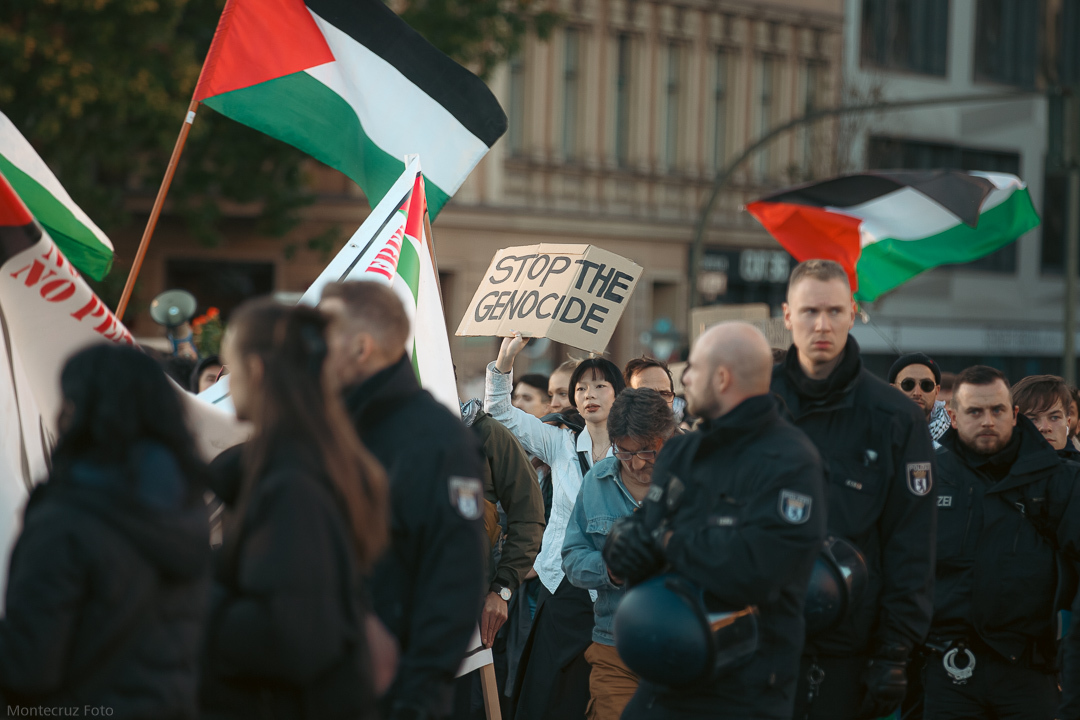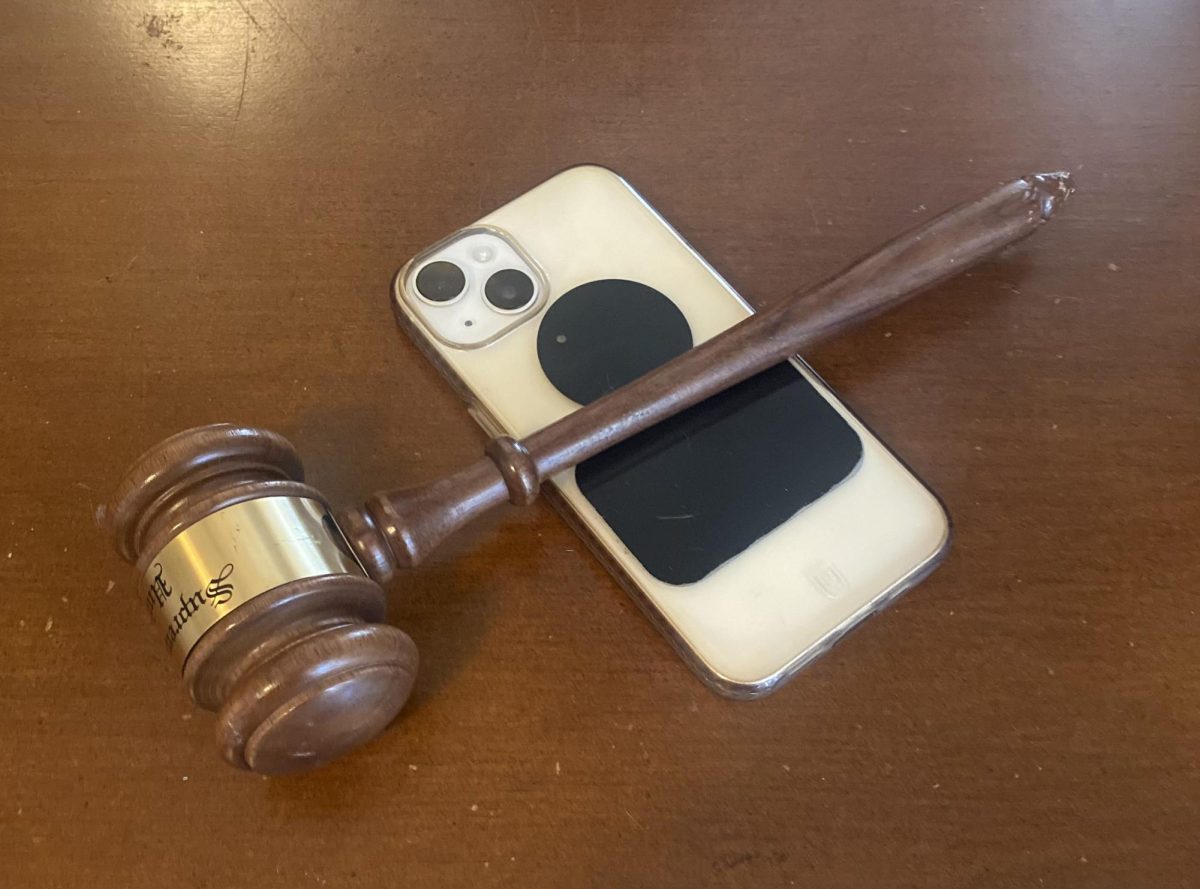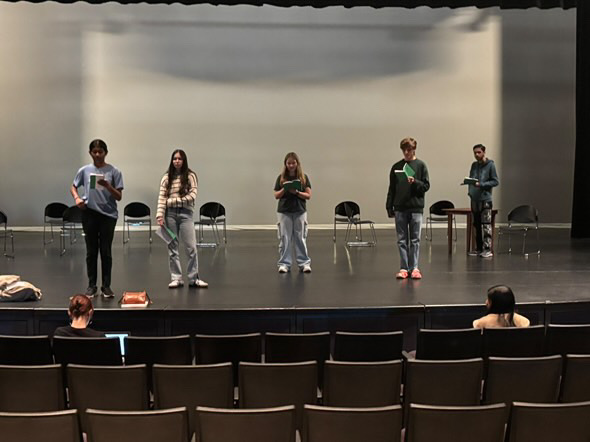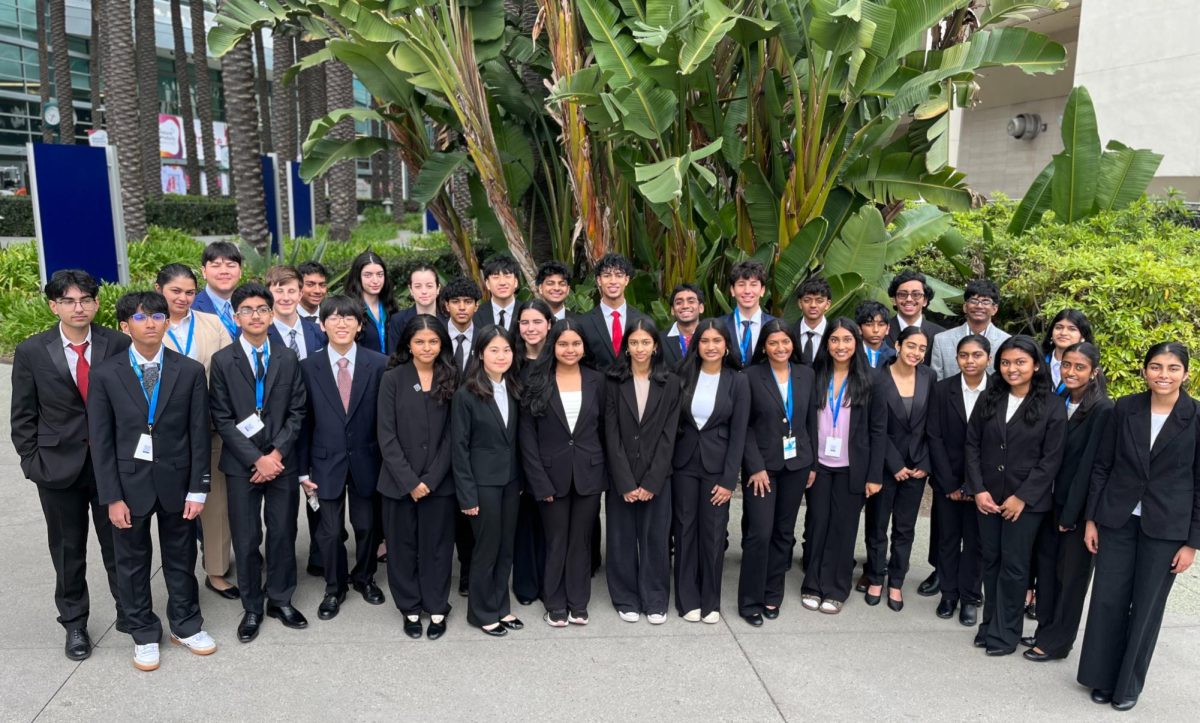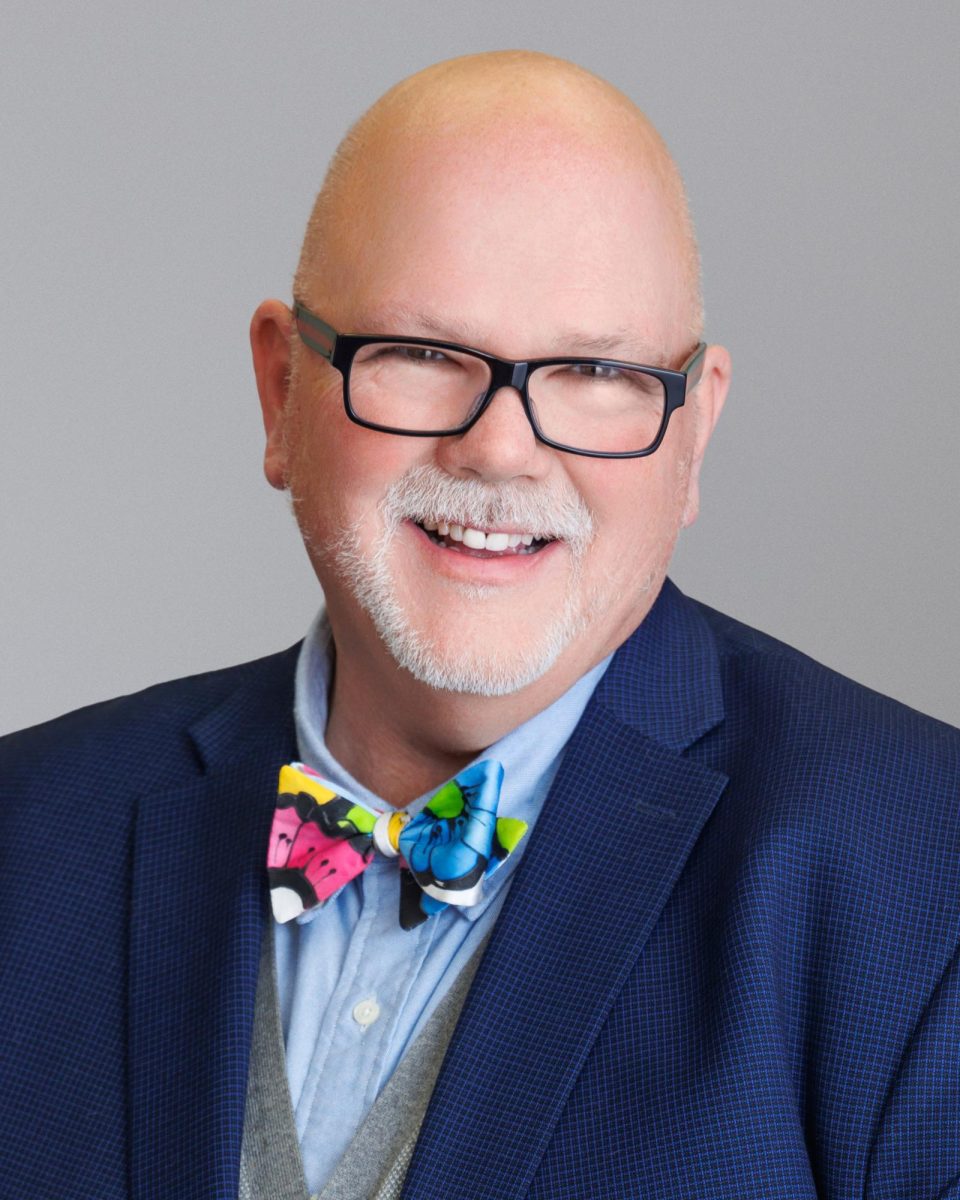UCLA Interim Chancellor Darnell Hunt has established a plan to increase safety and free expression on campus. On September 5th, 2024, Interim Chancellor Hunt released a message to the Bruin community about certain school policies regarding students’ first amendment rights. These new policies are based on a series of protests that occurred in the spring of 2024, which caused the UCLA administration to reflect on how they “support our diverse community.” The main goal of this program is to maintain a safe campus and community while remaining inclusive and open to free expression from all groups.
Chancellor Hunt’s plan involves four primary points, the first of which focused on enhancing community safety. Following violence related to past demonstrations on campus, UCLA established a new Office of Campus Safety in order to respond to these protests and review rules regarding campus safety with the student body. Rick Braziel stepped into the role of leading the Office of Campus Safety. Braziel works to draw attention to any safety concerns regarding campus demonstrations and taking action to get new perspectives on campus safety from the students themselves.
The second goal of Chancellor Hunt’s plan is, “fostering a culture of engagement, learning and dialogue across difference.” Because UCLA is a vastly diverse university with a number of different cultures and experiences coming together to form its student body, Hunt finds it necessary to look beyond stereotypes and focus on anti-discrimination training offered by the school. Although up to 90% of the student population participated last year, Chancellor Hunt aims to reach 100% participation in this voluntary training during the 2024-2025 school year.
UCLA is also expanding its Dialogue across Difference (DaD) initiative, including the introduction of Compassionate Conversations. These conversations will tackle issues that are usually faced with controversy in an empathetic way to work towards more constructive communication regarding these issues.
This first half of Hunt’s four-point plan is heavily reflective of past experiences with protesting on campus, some of which led to danger during the spring of 2024. On April 30th, a pro-Palestinian encampment clashed with a pro-Israel protest coming from off-campus and violence ensued. Police response did not occur until hours after the beginning of the dispute. Additionally, Jewish students began to sue the school when pro-Palestinian protesters created blockades the barred pro-Israel students from passing through to other areas of the UCLA campus. This event strongly contributed to Chancellor Hunt’s reflection on campus safety and how UCLA can support its vast student body.
The Interim Chancellor also focuses heavily on the third point, which aims to encourage free speech while still abiding by campus rules and the policies laid down by the UC system as a whole. He addresses Time, Place, and Manner (TPM) policies to suggest the best circumstances under which students can express themselves. There have also been new free-speech zones established in areas including the Bruin Walk and Plaza and the Pauley Pavilion according to the Los Angeles Times. Along with increased security in these areas, the school also mandates that students receive approval from administration when utilizing tents or campsites during a protest, as long as these structures don’t block access to other parts of campus.
Hunt’s final point is to continue reflecting on the way UCLA interacts with its diversified student population. Students are promised that UCLA administration will continue to review safety and free speech rules and work on ways to improve them for the better of the school as a whole. He concludes with the message that students should return to campus this fall thinking about how they can contribute to this new plan so the entire student body can feel more comfortable and open to expression on campus.
Incoming UCLA freshman Carmina Tolentino discusses free speech and safety on campus, “UCLA’s practices, in theory, sound cooperative and responsive to protecting the rights of students, but we have seen how things slip through the cracks during times of protest.” She specifically mentions protests from the previous spring that have, “made the campus so unsafe that my upperclassmen friend had to come home for a few weeks.” Tolentino provides the reminder that while the new policies being put into practice this year are certainly beneficial, they are not a foolproof method to campus safety. Chancellor Hunt’s four point plan has established a proactive approach to violence within protesting, but it is important to note that it is also up to the student body to work towards overall safety and inclusivity on the UCLA campus.
Tolentino provides the insight that, “as young people living outside of home for the first time, we are all realizing our personal philosophies and political views… and also counting on the policies of our university to keep us safe.” College students find themselves in a position of newfound freedom regarding not only their day to day lives but also their personal expression. Interim Chancellor Hunt along with other UCLA administration have taken the first step towards general campus safety while maintaining free speech. Now, it is up to the entire school to adamantly put this four-point plan into practice, therefore creating a “Safe, Stronger UCLA.”

